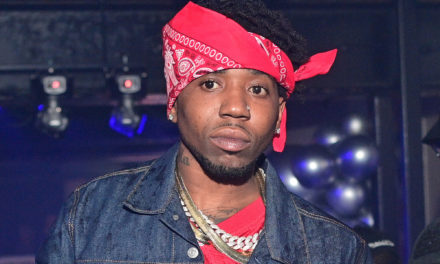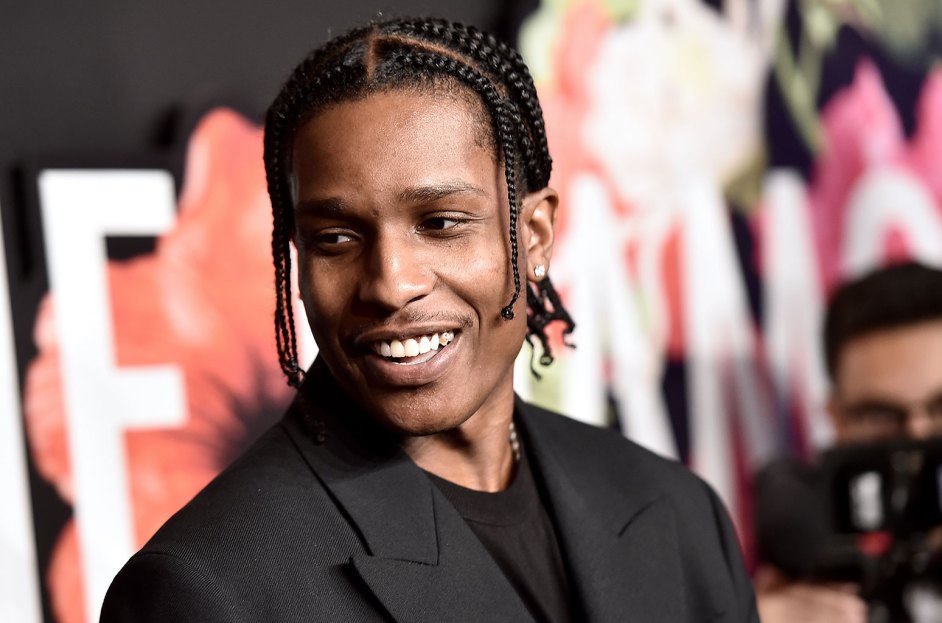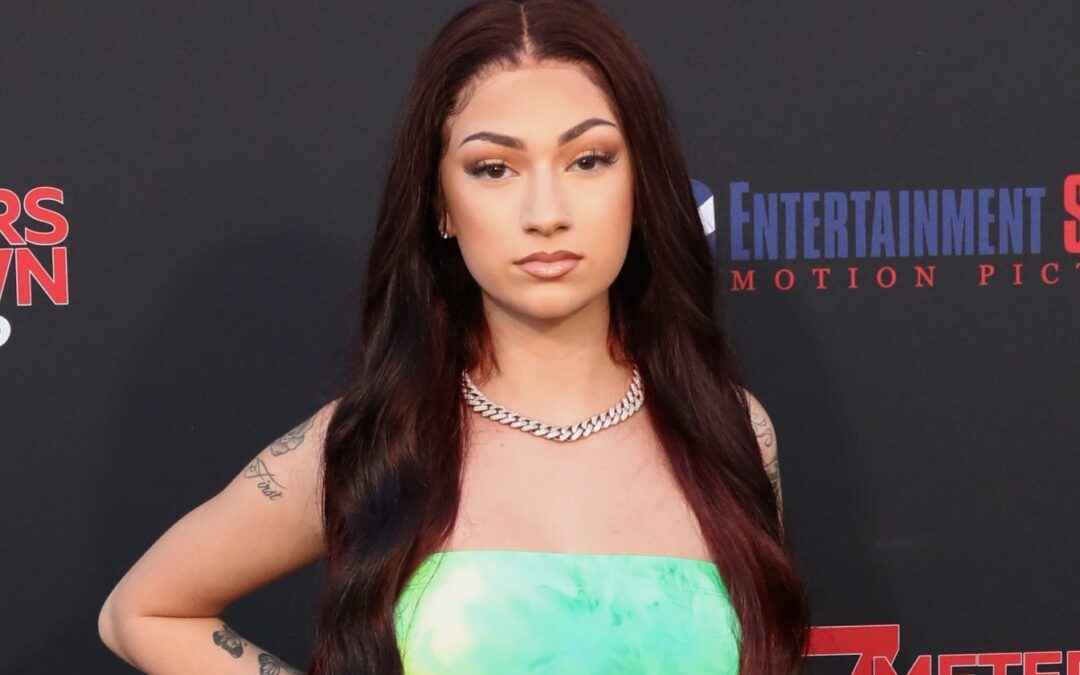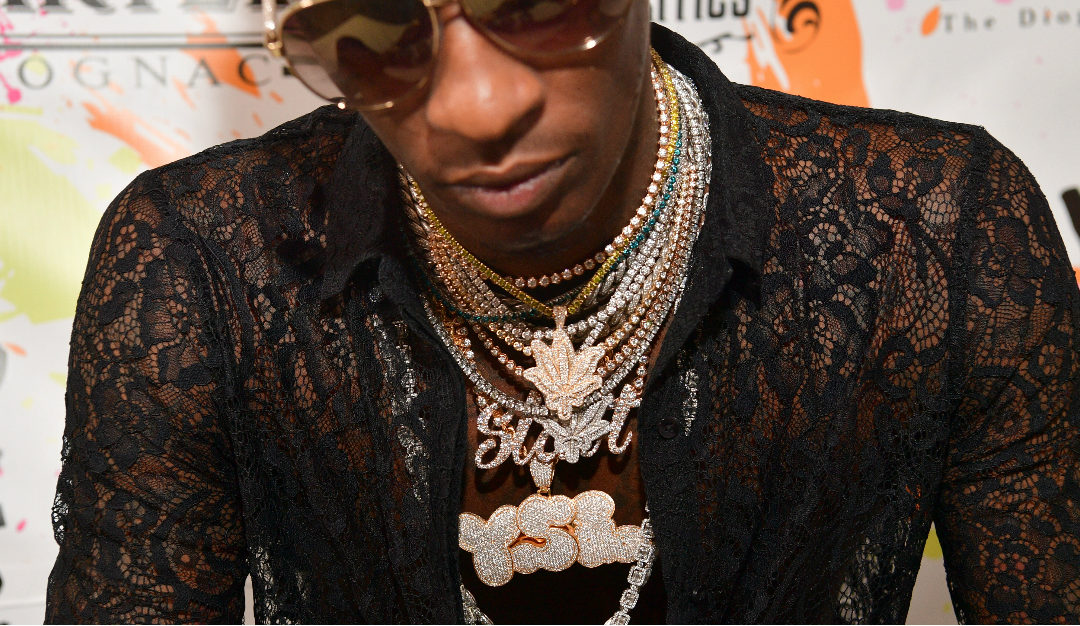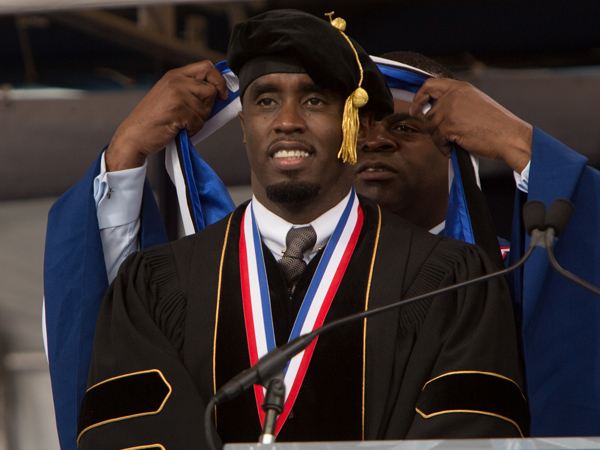
Tim Westwood has often been hailed as one of the most influential figures in the UK’s hip-hop scene. For years, he has paved the way for undiscovered artists to gain exposure, and his role in shaping the landscape of British music should not be underestimated. With the rise of discussions comparing him to pioneers like Diddy in the U.S., many are asking if Westwood could become the UK’s answer to the Bad Boy Records founder.
Tim Westwood: The Face of UK Hip-Hop
British-bred hip-hop wasn’t always prominent in the global music scene. Before grime, UK drill, or the commercially successful rap artists of the 21st century, hip-hop was an underground genre within the UK. That is where Tim Westwood stepped in and became integral. He’s been at the forefront of breaking emerging British talent since his career started in the late 1980s, and the radio veteran built a comprehensive platform that’s allowed countless hip-hop artists to shine.
The key points in his career that helped solidify his impact on UK hip-hop include:
- Hosting groundbreaking radio shows highlighting both U.S. and UK hip-hop
- Co-signing UK Grime and Drill artists before they rose to mainstream fame
- Providing freestyles and live performances from artists who would later break globally
Where figures like Diddy excelled in producing tracks and managing artists, Tim Westwood became more of a curator, giving talent not just airplay but legitimacy. Through his deep connection with hip-hop culture, he helped create pathways for UK artists to reach a global audience. Artists like Skepta, Stormzy, and Giggs have all credited Tim Westwood as being vital in their journeys.
Comparisons to Diddy: Music Mogul Status
When comparing Tim Westwood to American music giants like Diddy, there are some striking similarities. While Diddy (Sean Combs) became more popular for empire-building with his label **Bad Boy Records**, fashion endeavors, and media ventures, Tim Westwood remains best known for his influence in shaping music itself. However, the lines have begun to blur, and we see the potential for Westwood to build his own empire much like Diddy did with Bad Boy.
Why the Comparison Makes Sense
- **Music Influence:** Both Tim Westwood and Diddy have had a significant impact on the musical careers of rising artists.
- **Cultural Pioneers:** Both have been instrumental in shaping their respective regions’ acceptance and consumption of hip-hop culture, with Diddy in the U.S. and Westwood in the UK taking the lead in their spheres.
- **Curators of Talent:** Just as Diddy showcased and developed artists such as Biggie Smalls, Faith Evans, and Mase, Westwood gave early spotlight to giants like Dizzee Rascal, Chipmunk, and Kano.
Both figures have also transitioned beyond just music, with Diddy venturing into liquor, TV, and more, and Westwood branching out into international tours, collaborations, and live performances. The future may hold even more diversity for Westwood, as he continues to build on the foundations he’s created. He has already shown a keen ability to evolve with the times, hosting online segments and even becoming active in some podcasts.
Challenges to Becoming the UK’s Diddy
Of course, making this comparison is not without challenges. Diddy, as a music mogul, operates across multiple booming industries including fashion and media, apart from his musical endeavors. Tim Westwood, on the other hand, has maintained his primary focus on radio broadcasting and interviews with musical talent.
The potential roadblocks for Westwood to attain a more business mogul status include:
- Lack of significant ventures outside of music or media up until now.
- Limited presence in global markets in the way Diddy’s brands (like Cîroc) have expanded into multiple industries.
- Controversies that may reduce his appeal to global brands and partnerships.
Where Could Tim Westwood Go From Here
To truly reach the heights of figures like Diddy, Tim Westwood can consider diversifying his reach. This could mean launching a label as Diddy did or partnering with established brands for lucrative ventures outside of the music world. Doing so could solidify his status not just as a radio legend, but as a broader cultural icon and mogul.
Moreover, expanding his influence through music festivals, events, or collaborative merchandise could evolve his brand into a multifaceted empire.
Conclusion: A Legacy in the Making
Tim Westwood’s journey from a hip-hop DJ to a cultural icon presents an exciting narrative for UK music and louder questions around what’s next for him. His undeniable contribution to the UK hip-hop scene places him at the top of the list when discussing the nation’s musical trailblazers. While he may not yet be on Diddy’s level in terms of business ventures, his legacy in shaping culture remains unquestionable.
If Westwood chooses to take his career beyond the boundaries of music broadcasting and further into business, there’s the real potential for him to become the UK’s equivalent of Diddy — a mogul who shapes not just a genre but global culture itself. Will he take that next step? Only time will tell.

